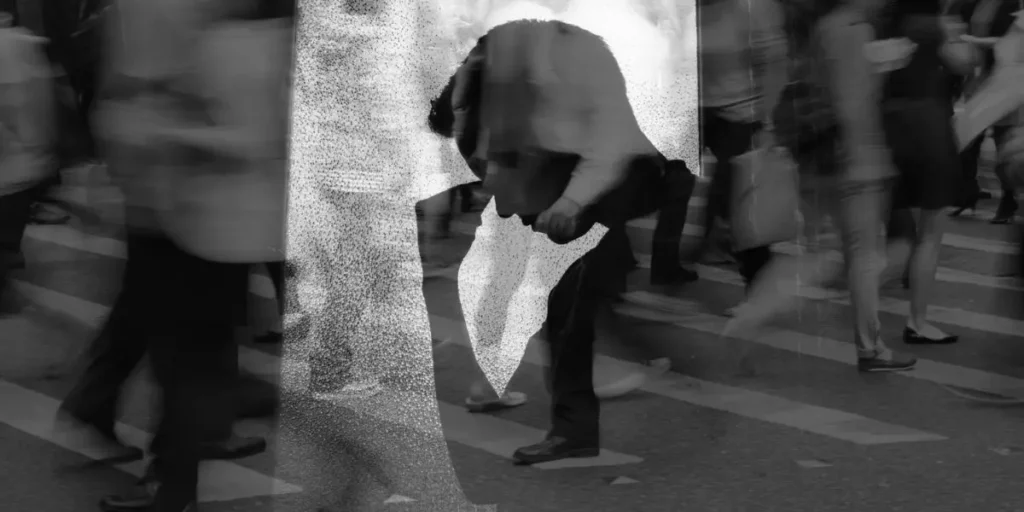The adolescent period is a time of growth, realization, and exploration for children and shapes several factors for their futures. They face or ought to face several challenges during this time. One such common issue is the Social Phobias present within these adolescents. It seems to be a tough nut to crack, but let’s look at the issue in detail and understand what to do in this straightforward article.
What Is Social Phobia?

To address the issue let’s look at what social phobia is. Social Phobia, commonly referred to as social anxiety disorder is the fear of social interactions. You need to realize it is not just about being extremely shy or nervous but a higher degree to it. People especially adolescents facing these issues find it difficult to engage in regular activities like going to school and talking to friends or ordering food by spiking up the fear within themselves.
Signs And Symptoms
Now let us see how to know if someone you know is facing Social phobia and have a hard time in their daily life. These are the most common signs and symptoms:
- Intense Nervousness: The feeling of excess anxiety during or after a social event is a common sign, These are represented physically by sweaty palms, racing heart, and the constant thoughts of maybe or if’s
- Avoidance: These people dodge social situations like skipping parties or events where dozens of people attend and make you have to interact with people.
- Fear of Embarrassment: Worrying too much before doing anything thinking that you will make a fool of yourself even in casual instances is an easy sign to spot if one is having social phobia.
- Physical Symptoms: These mental conditions sometimes react physically with stomach and headaches and dizziness or nausea in some scenarios.
- Overthinking: Constantly thinking too much specifically about the worst-case scenario when it comes to actions and what others think also belongs to the symptoms
- Speaking Fears: Having a tough time speaking in public or in a one-on-one conversation with the above-mentioned signs with trembling voice while speaking is seen.
- Self-Criticism: Speaking ill of oneself too excessively with thoughts that you’re judged and going hard on yourself is a negative but another common sign.
These people fail and fear to perform on stage and off stage as well for presentations. They isolate themselves because these are too much to handle and they feel lonely.
Why Does It Happen?
Its cause ranges from nature and environment to other factors including how they were nurtured. Factors include:
- Genetics: As unfortunate as it sounds it is passed to generations ahead. If anyone in the family in the past experienced social anxiety you might be vulnerable to it.
- Brain Chemistry: The chemicals produced in the brain are caused by the imbalance in neurotransmitters like serotonin which leads to increased anxiety.
- Life Experiences: Certain life events that happen in the societal environment within an individual with a traumatic experience or dealing with a critical situation contribute to social anxiety.
- Personality Traits: The typical personality of some people is naturally prone to more anxiety which eventually develops into social Phobia.
How To Cope?
Since you understand what is social phobia and its causes. Now let’s look at how to cope with the issue. Understand that this isn’t anticipated and hence not easy to prevent. Also, this is not easy to get rid of easily. Hence let’s understand the efficient ways, These include:
You or anyone you care about who faces this issue is not alone, several people are going through the same engaging in such groups or contacting your friends or family is helpful in this case.
On a professional level, Cognitive-behavioral therapy (CBT) is the best option to encounter the issue. They suggest approaches the right way to the issue and help change the thought patterns.
The doctors or professionals recommend certain medicines to encounter the issue, The lack of effectiveness over other options is the reason for it.
Other methods include:
All of these with a healthy lifestyle such as eating well, exercising, and proper sleep make you fit and healthy.
Conclusion
Several individuals during the adolescence period face troubles in social events and interactions. Understand it’s common hence support the individual along with helping them get through the process. You are not alone by the right means of encounter you can live a more peaceful and fulfilling life.